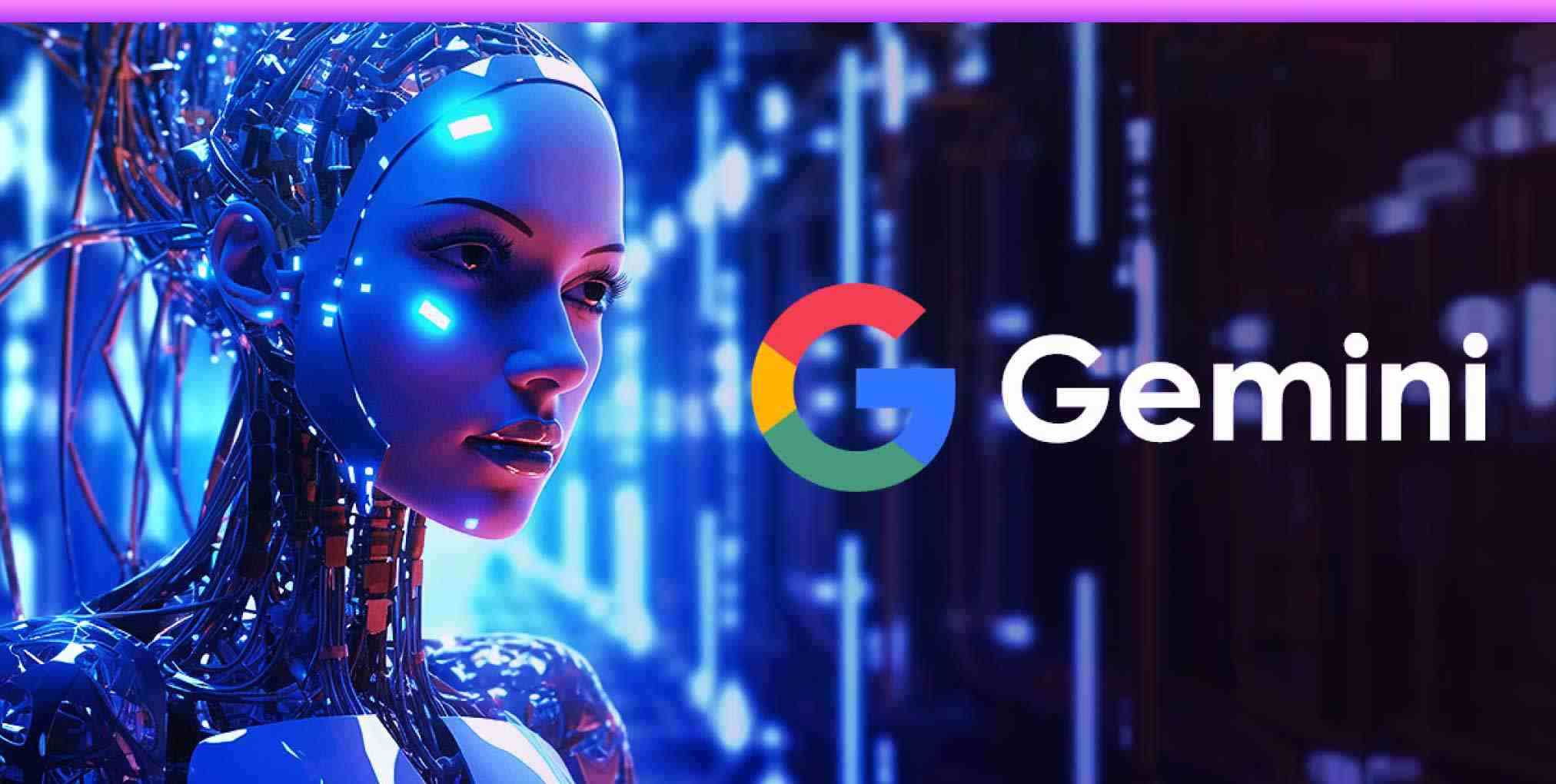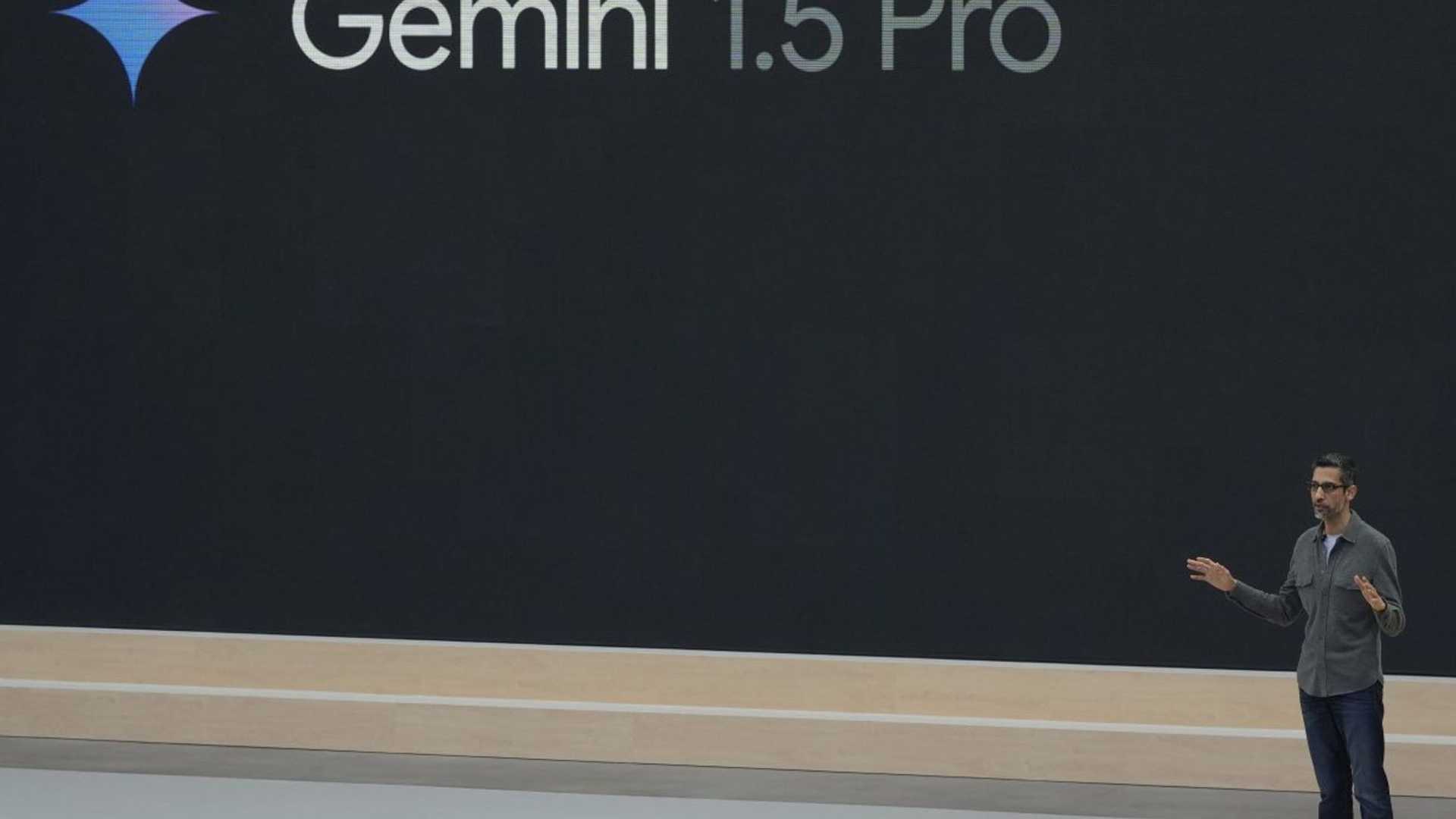Google reserves best search data for Gemini, not rival AI apps | The ...
Reid’s testimony that Google’s current practices favour its own AI service may bolster arguments by antitrust enforcers for a more level playing field. Google last year began offering some artificial intelligence firms a way to anchor chatbot responses in its search results, but still reserves key features for its own AI service, Gemini, a company executive testified. Liz Reid, Google’s head of search, was describing in court on May 6 how the Alphabet Inc unit handles requests for its data to be used by artificial intelligence models. Google has been pushing back on a proposal by the US Justice Department that the company share much of the data it collects to build its search results. Reid’s testimony that Google’s current practices favour its own AI service may bolster arguments by antitrust enforcers for a more level playing field.
Google's Grounding Service
Starting in May 2024, Google began offering a “grounding” service within Vertex AI, its app developer platform offered by Google Cloud, which allows AI models to check Google’s web results as part of generating a response to increase its accuracy. More than a dozen companies now use the service, according to court documents shown in court, though the names were redacted from public display.

In response to questions by a government lawyer, Reid acknowledged a disparity between what companies receive when they pay for grounding via Vertex and what Gemini gets as part of the Google family. “The web results it provides are the same,” Reid said of Vertex AI. But Google “is providing additional results” to Gemini in the form of search features like the Knowledge Graph, which describes relationships between entities, or the OneBox, which offers instant results to some queries like sports scores or flight information.
Justice Department's Involvement
Last year, US District Judge Amit Mehta found the company illegally monopolised the online search market. He is currently holding a three-week hearing on what changes he should order to Google’s business to remedy the illegal conduct. The Justice Department has asked that Mehta force Google to share much of the data the company collects to build its search results. That would allow AI companies to help develop their own search indices to provide grounding.
Concerns and Testimonies
During her testimony, Reid said the Justice Department’s data-sharing proposal – which she called “extensive and invasive” – would provide rivals with “a huge treasure trove of data” that would likely make them the target of hackers. She also estimated that as many as 2,000 Google engineers would be diverted from improving Google’s products to compliance issues if the Justice Department’s proposal were adopted. Reid was also critical of the agency’s proposal that would allow websites more ability to opt out of Google’s AI products. Google already offers websites some opt-out ability, she said, but the granularity of the DOJ’s proposal would be “challenging” to implement because the company doesn’t always use different models for each feature.
-- Bloomberg










